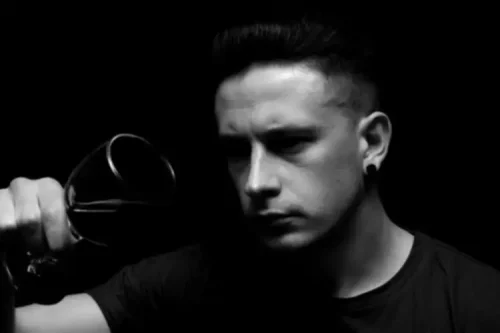
This can make it difficult to concentrate, remember names, or focus, and you may feel mentally fatigued. The journey to recovery involves managing withdrawal symptoms, making healthier lifestyle choices, and exploring various treatment options including therapy, counseling, medication, and detox programs. So, pace yourself, stay committed, and keep moving forward, one step at a time. The effects of alcohol on the brain vary depending on the dose and on individual factors, such as overall health. In general, the more alcohol a person drinks, the more likely it becomes that alcohol will damage the brain — both in the short and long term.
Treatment Options for Alcohol Addiction and Brain Fog
Adding such practice to treatment regimens could improve some alcoholics’ chances of recovering successfully. Alcohol-induced brain fog is a state of confusion, lack of focus and mental obscurity that can occur after drinking alcohol and during withdrawal. Therapy and counseling can help tackle the root causes of alcohol addiction and brain fog. It can provide invaluable support by addressing underlying mental health issues and developing coping mechanisms to prevent relapse.
- The direct effects of alcohol on the brain are thought to play a significant role in alcoholic brain fog.
- Contact The Providence Projects today to learn more about our residential rehab programme and start your journey towards recovery.
- Thiamine is particularly important, as it’s involved in the metabolism of proteins and fat and the formation of hemoglobin — a protein in red blood cells that carries oxygen to tissues throughout our body.
- Consumption of alcohol has and continues to serve major roles in religious and cultural ceremonies around the world.
Treatment Options for Alcohol-Related Brain Fog
It also helps control our cognitive abilities, such as learning and memory. However, alcohol suppresses glutamate’s effects, leading to even slower brain activity. This decrease in brain activity not only affects us while we’re drinking, but it can result in brain fog the next day. It’s also why we might have difficulty concentrating or recalling certain things. Given alcohol’s short- and long-term effects on the brain, it’s perhaps unsurprising to learn that we can get that lethargic, dull mental state we refer to as brain fog after drinking.
Disrupted Sleep
Most people who have dealt with alcohol addiction have some idea of what brain fog feels like because it is very similar to how you might feel after a round of heavy drinking. During brain fog, you may experience any or all of the following symptoms. Let a healthcare provider know https://ecosoberhouse.com/article/how-to-taper-off-alcohol/ if brain fog affects your day-to-day life. They’ll be able to diagnose and manage the underlying cause to help you feel better. Your provider may also recommend lifestyle changes, like eating healthy meals and getting better sleep, to improve how your immune system functions.
More in Healthy Living
Alcohol use disorder (or alcoholism) is also a clear issue for the brain. It has been linked to a higher risk for dementia, especially early-onset dementia in a study of 262,000 adults, as well as to smaller brain size. In an acute sense, consumption of alcohol can lead to uninhibited behavior, sedation, lapses in judgment, and impairments in motor function.
- You can rest assured that brain fog goes away just like your other withdrawal symptoms.
- We’re a neuroscience-backed app that has helped millions of people reduce their alcohol consumption and improve their cognitive functioning.
- 47% of COVID-19 patients who have prolonged symptoms experience brain fog.
- Four remediation strategies were compared, with a different group assigned to each intervention.

If they relapse, they can always return to inpatient care or try a new sobriety strategy out. Once the brain adjusts to alcohol use, it requires alcohol in order to function properly. Someone who cuts themselves off from drinks may experience extreme pain or medical problems alcohol brain fog like delirium tremens. A person’s brain chemistry can change dramatically through alcohol use. Once someone begins withdrawal, their brain has to readjust itself, resulting in brain fog. 47% of COVID-19 patients who have prolonged symptoms experience brain fog.
Get the latest in health news delivered to your inbox!
Brain fog is a temporary condition that can make it difficult for you to concentrate, recall or retain information, and complete tasks. We exist in a culture where it’s socially acceptable to consume caffeine and alcohol, especially in moderation. While the Centers for Disease Control and Prevention (CDC) recommends that you exercise for 30 minutes per day, any kind of movement counts.
The Impact of Cognitive Deficits on Treatment Outcome

